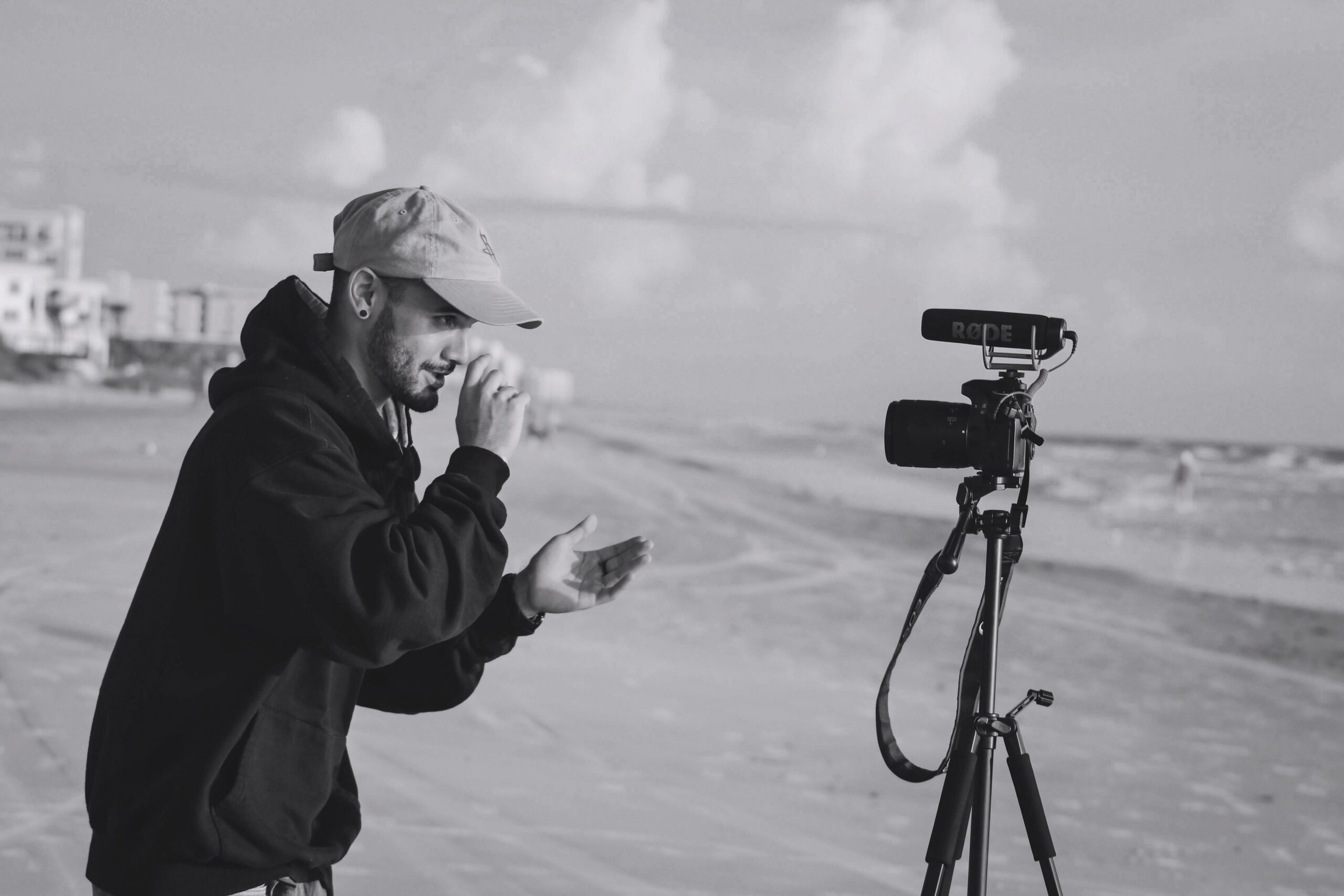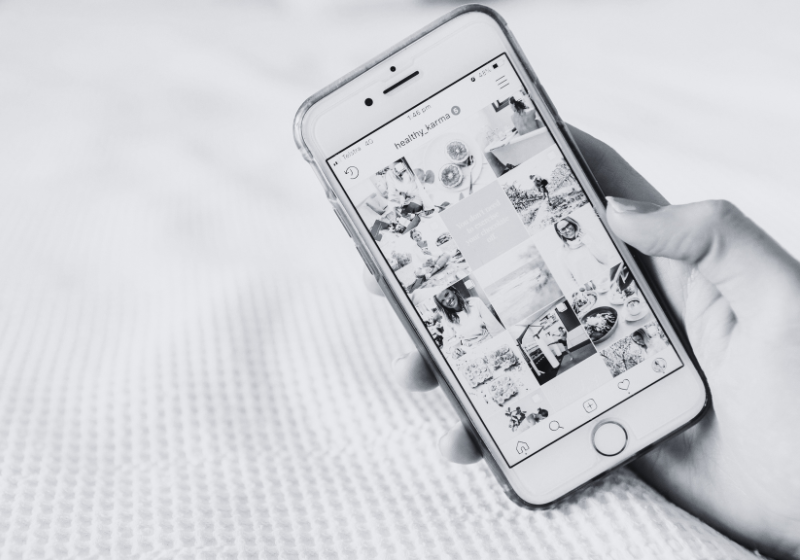Protect your greatest asset – YOU!
As a blogger or vlogger, you’ll be more than aware of the pressure to continually come up with the goods. The need to create new and innovative content that keeps your audience engaged but at what cost?
There are numerous studies that support the findings that social media has an impact on mental health be it positive or negative but how do you protect your mental health and wellness when your job is working with social media platforms?
As of June 2020, Cristiano Ronaldo had the most followers on Instagram (244 million) and Facebook (126 million), he’s also third on Twitter but back in September 2019, he gave an interview to Piers Morgan on ITV and spoke of the dark side of his fame. Being the most marketable athlete in the world with gazillions worth of sponsorship, he said he finds his fame ‘boring’ and that he has lost the right to a private life. He also said, ‘I’m not gonna cry but do you know how many times I’ve been in the park with my kids? Zero’.
SciSports, an international sports analytics company teamed up with research university KU Leuven to conduct a study on how top players performed. They found that Ronaldo isn’t like anyone one else in world football when it comes to the stress associated with key moments in football games. Having analysed 7,000 minutes of data, he came out top. Seemingly ‘immune’ to pressure, perhaps this is how Ronaldo copes with the demands of social media?
Five key ways to protect your mental health
1. Start with YOU
Working in social media, you know some of the advantages. Being your own boss can result in having more energy, better output, and more revenue plus of course the flexibility. However, some of the disadvantages could be isolation, economic uncertainty, or lack of structure, meaning that now more than ever it’s important to take care of YOU! When you’re up against it and working to a deadline it can be easy to forget to do the simple things like drinking some water or getting some fresh air.
A free app called Aloe Bud helps with those simple things, like remembering to breathe! You can set some self-care goals and it will send you gentle reminders without making you feel bad. Having intentions to spend time with your friends, try a new hobby or do some exercise can help you find a healthier balance to your work life. Staying connected to the people you value most will help you stay grounded and better equipped to deal with success.
2. Control your feeds
If you feel that your work with social media is starting to affect your mental health try some of the following: Did you know that you can mute trigger words on your Instagram or Twitter timelines that upset you? If there are certain phrases, emojis, usernames or words that you are not finding helpful, try it out. Turning off commenting is another useful tool that can be used, shielding you from any negativity or unwanted opinions related to your creative content, you can also filter and delete comments in bulk. You may also want to review who you follow.
Why not try setting some intentions for your daily tasks?
3. Limit your screen time
Okay, okay, I know. You’re a blogger/vlogger and it’s your job. But if controlling the content on your feeds isn’t enough to protect your mental health then try limiting the time on platforms. Given that you’ll be unable to stop using social media altogether, you could try by setting some limits on your phone for example. Some phones, such as the iOS 12 and above on iPhone have facilities to let you track and monitor the time you spend on apps, you’ll get a notification when time is about to run out and be reminded to close the app.
The Moment app available via Apple and Google essentially ‘steals your time’ and provides short daily exercises using the Moment Coach. This enables users to be present for the parts of their life that matter the most. It includes the Bored & Brilliant 7-day intensive bootcamp course, designed to break habits around screen time.
4. Ever tried meditation?
If you experience moments in your day that feel overwhelming, then meditation and reflection is a great way to help your brain refocus and press the reset button. As a practice that has been proven to help with stress, anxiety, depression, etc meditation can also increase resilience and creativity! Even if you’ve never tried it before, there are easy ways to give it a go. Why not try an app such as Headspace. This has some short and simple (free) fully guided meditations that can help to destress and calm your thoughts at any point in your busy day. You might also want to check out Spotify’s new Daily Wellness playlist to guide you through your day and encourage mindfulness. The following podcasts are also helpful if you want to learn more about how important mental health is
- Selfie is a self-care podcast hosted by a psychotherapist and a lifestyle blogger, which explores themes like getting enough sleep, eating healthy, and balancing the body, mind, and spirit.
- Tiny Leaps, Big Changes is a personal development podcast focused on exploring the day-to-day behaviours we all engage in that determine the results we gain in our lives.
- Feel Better, Live More is full of easy health life-hacks and expert advice about how you eat, sleep, move, and relax.
5. When you need help – ask for it
Whilst we’ve come a long way in how we view mental health, there are still barriers and fear of shame and discrimination are among the top reasons people don’t talk about their mental health problems. Chances are, you’re often working in isolation which makes it even more important to have a sounding board, someone you trust that you can reach out to when the need arises. The Mental Health Foundation offers support and research for good mental health and offer tips in their How to Support Mental Health at Work guide.
Mind also has some excellent advice and resources available on the subject of Mindfulness. However, if you are struggling, the Samaritans offer emotional support and a listening ear.
We can’t all be Ronaldo but to be quite honest, I’m okay with that.
Back in the 1990’s Ekhart Tolle wrote a book called “The Power of Now”. In it he says;
“If you find your here and now intolerable and it makes you unhappy, you have three options: remove yourself from the situation, change it, or accept it totally.”


